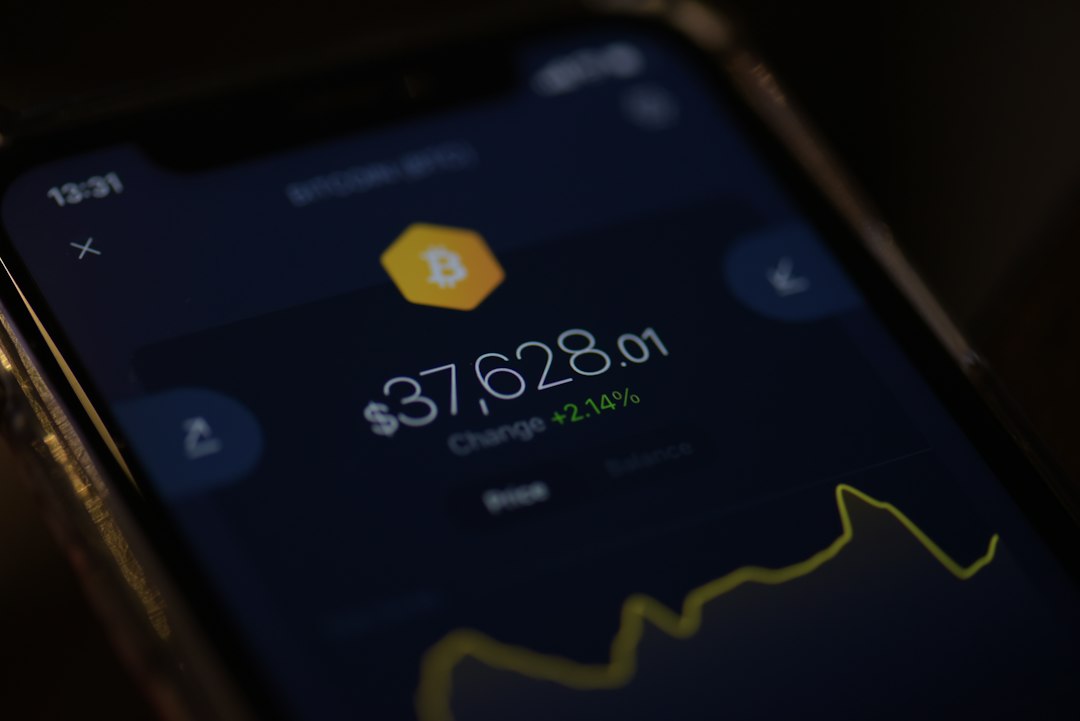The Impact of the BRC-20 Token Standard on Bitcoin Transaction Fees
The introduction of the BRC-20 token standard has caused a significant increase in Bitcoin transaction fees. In the past three days alone, data from the HashRate Index reveals that the world’s largest Bitcoin mining pools have earned approximately one-third of their profits from transaction fees.
BRC-20: A New Source of Revenue for Miners
One example is Foundry USA, the leading mining pool with 26% market share, which has earned an average of 3.23 BTC per block in transaction fees. Similarly, Antpool, its main competitor based in Beijing, China, has averaged 3.26 BTC per block in fees.
This increase in fees is significant as it adds to the baseline subsidy of 6.25 BTC that miners already receive for each block. Previously, this subsidy constituted the majority of miner revenue and served as their primary incentive to secure the network.
The Role of Ordinals and Network Inscriptions
Ordinals have played a crucial role in driving up transaction fees. Bitcoin users are now bidding higher amounts to secure scarce block space on the network. This demand is not only for standard BTC transfers but also for minting permanent NFTs and deploying alternative tokens and meme coins.
Analysis shows that inscriptions, including large NFT-based ones and small BRC-20 token transfers, have accounted for between 20% and 40% of recent network fees.
Protection from the Bitcoin Halving
The increased transaction fees may provide some protection for miners ahead of the upcoming Bitcoin halving scheduled for April. The halving will reduce Bitcoin’s block subsidy from 6.25 BTC to 3.125 BTC, which could eliminate high-cost inefficient miners.
Despite the higher fees, Bitcoin has still averaged higher daily fees than Ethereum over the past seven days. According to cryptofees.info, the average daily fee for Bitcoin is $13.9 million.
The Challenge of Unmanageable Fees
Bitcoin transaction costs reached a new all-time high in early December, with fees peaking at 350 satoshis per vByte (sat/vB). Although costs have since decreased to 127 sat/vB (approximately $7.00 per transaction), this can still be burdensome for average users.
Multiple small Bitcoin transactions within a single wallet can incur fees on each transfer, known as UTXOs, which can deplete users’ holdings depending on their dispersal.
To address this issue, both proponents and opponents of Ordinals are exploring solutions such as blocking inscriptions where possible and adopting cheaper layer 2 scaling solutions.
Blockstream CEO Adam Back has also highlighted a resurgence in transaction volume on Bitcoin’s Liquid network, a sidechain designed for fast, affordable, and private BTC payments.
Hot Take: The Impact of BRC-20 Tokens on Bitcoin Transaction Fees
The introduction of the BRC-20 token standard has had a significant impact on Bitcoin transaction fees. Miners are now earning a substantial portion of their profits from these fees, thanks to increased demand for block space caused by Ordinals and network inscriptions. While this may provide some protection for miners ahead of the Bitcoin halving, it also presents challenges for average users who face unmanageable fees. Finding solutions to address these issues, such as implementing cheaper scaling solutions and exploring alternative networks like Liquid, will be crucial for ensuring the accessibility and usability of Bitcoin in the future.





 By
By
 By
By
 By
By

 By
By